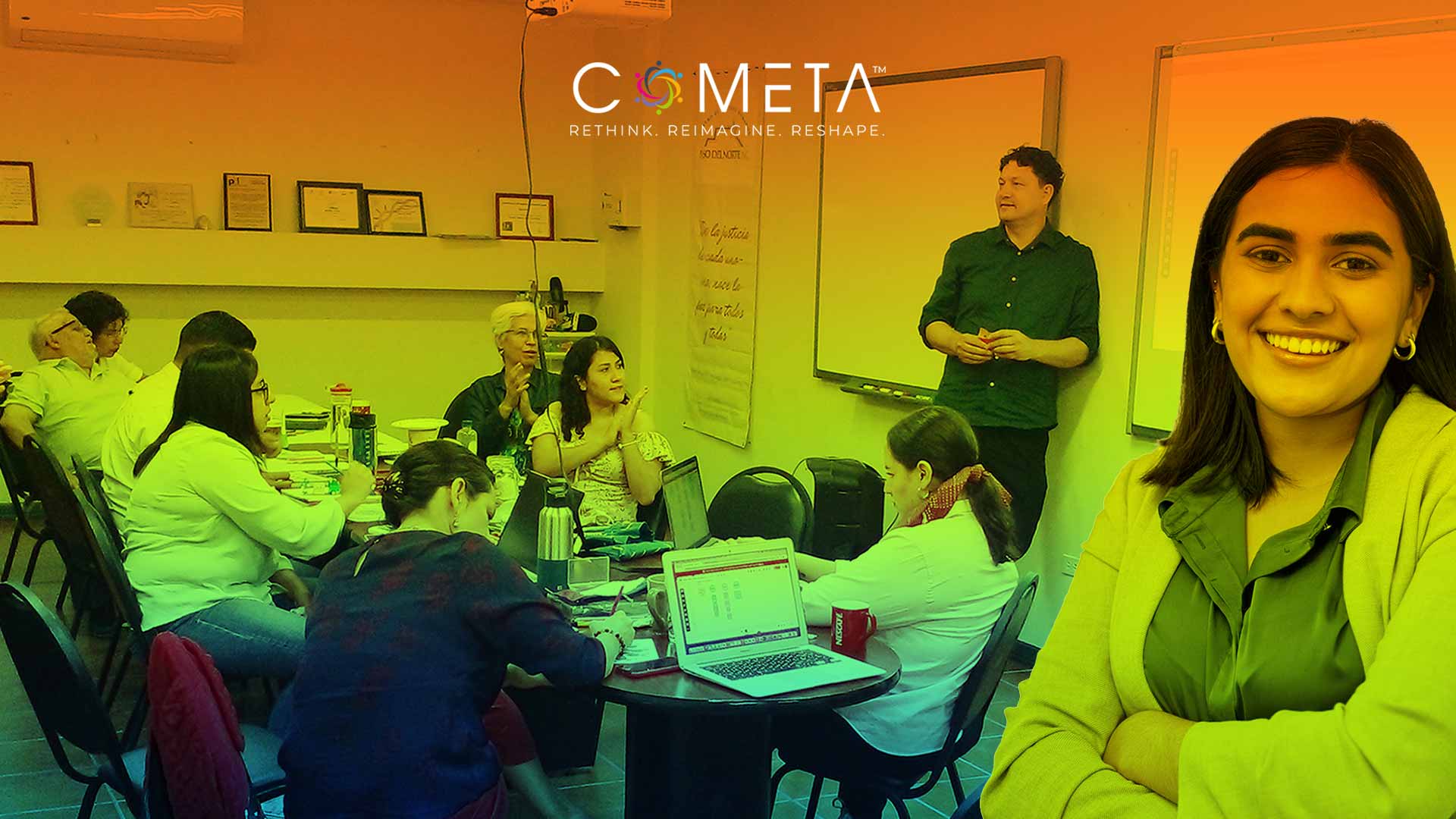When we look for high-level strategic facilitation, we don’t just need someone to guide the conversation or help us follow an agenda. What we truly need is a process that:
- Resolves conflicts,
- Builds strategic decisions, and
- Creates agreements that last over time.
— María Mac Gregor, Junior Consultant at Colectivo Meta.
We want a space where every voice matters and where we can move forward realistically and effectively toward concrete solutions.
In a high-level strategic facilitation process, trust is not optional, it is the foundation of everything. If we do not trust the facilitator, it is difficult to open up. Conflicts remain at the surface, and decisions lose strength.
On the other hand, if the facilitator does not trust that we will engage with the methodology, their role weakens, and the process becomes more complicated. Mutual trust defines how open, secure, and productive the discussions will be.
For high-level strategic facilitation to truly work, we, as an organization, must trust the facilitator. This gives us confidence that they will handle difficult moments with impartiality and professionalism, helping us reach legitimate and lasting agreements.
It also allows us to better leverage their experience to organize the chaos, clarify what matters, and ensure that the decisions we make are solid.
How to Build Trust in a High-Level Strategic Facilitation Process?
For high-level strategic facilitation to be effective, trust must flow in both directions. As an organization, we need to trust the facilitator, but she must also feel secure in the space she is guiding. If there is no transparency about what is happening or the internal dynamics, her work becomes more difficult and less effective.
Some key actions we can take on our end to build that trust include:
- Be transparent from the start: Sharing key information about the context, the challenges we’re facing, and our expectations for the process makes all the difference.
- See the facilitator not just as an executor, but as an ally: If we give her space to ask questions, propose adjustments, and adapt the dynamics to what we truly need, the results will be much stronger.
- Maintain open and flexible communication: Listening to her recommendations and allowing her room for action is essential for the process to flow smoothly and truly respond to the group’s real needs.
Now, we also need to consider the other side of the coin: What happens if the facilitator doesn’t trust us? If she feels that we are withholding information, changing the rules without warning, or not giving her any room to maneuver, her role weakens, and the process stagnates. Furthermore, the facilitator doesn’t know our dynamics but is an expert in our work, so working closely with her is essential to ensure that our reflections are the ones we truly need to have. That’s why she also needs to feel that she has our support and that her judgment is valued.
Trust: The Foundation for Effective Strategic Processes
When there is mutual trust, conversations flow more smoothly, people engage genuinely, and the decisions we make are more solid. Trust is not just a “nice extra” in high-level facilitation—it is what gives everything meaning and truly takes us where we want to be.
Before starting a high-level strategic facilitation process, it is important to pause, reflect on our expectations, anticipate potential challenges, and define how we want to work together and what we aim to achieve.
If we build trust and everyone feels comfortable, collaboration will be much more fluid, and we will be able to leave the collective impact we truly desire
Want to know if your organization is ready for a high-level strategic facilitation process? Discover the benefits and what you can achieve with professional support in this article.





